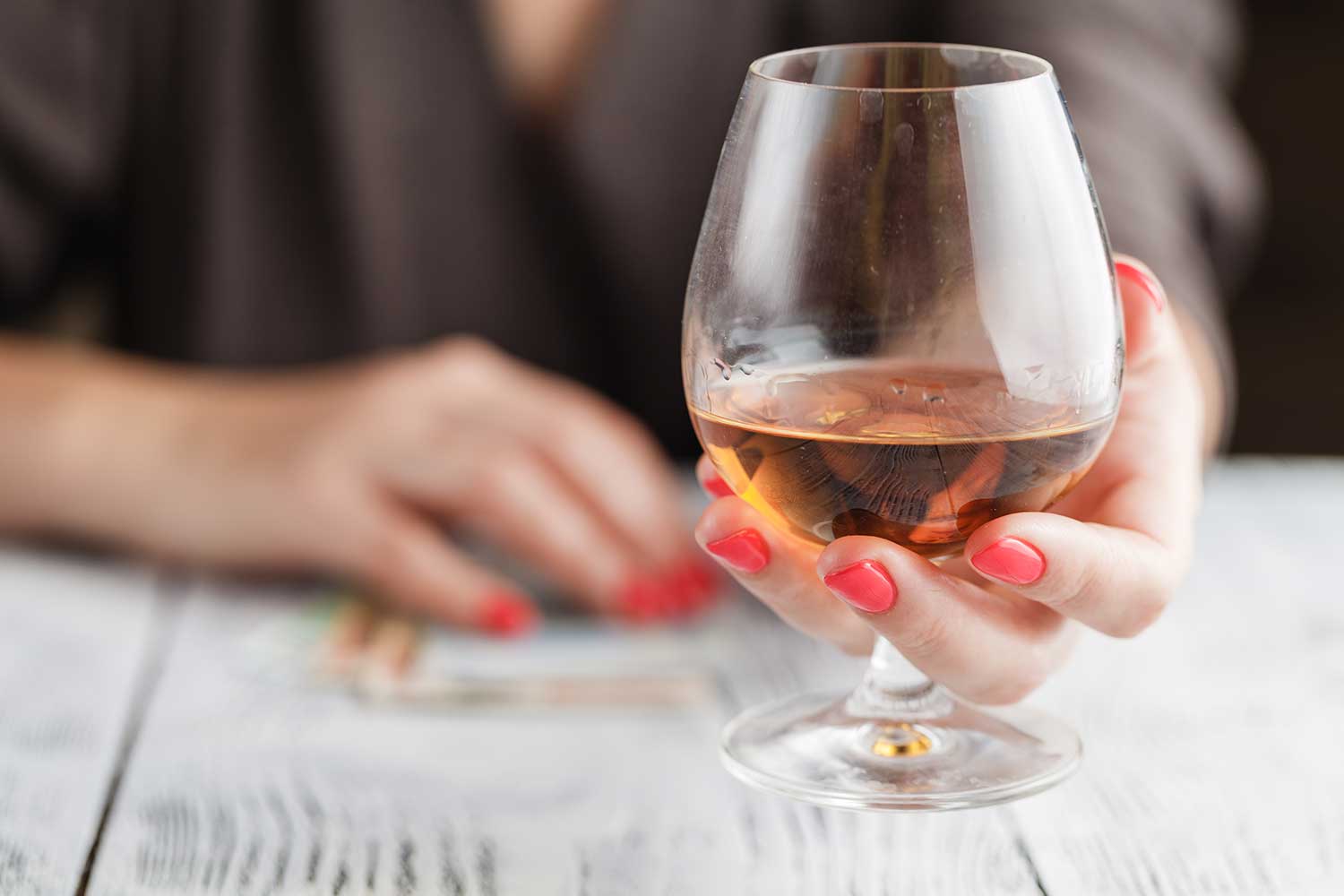When most Americans think of this time of year, they imagine hot cocoa, candy canes, and reindeer.
However, when most nonprofit leaders think of this time of year, their minds go to holiday events and fundraisers, the spirit of giving, and, more likely than not, how to safely provide alcohol at said events.
Whether your nonprofit is serving alcohol to employees and guests, or selling it in order to raise money, here are some questions to consider so that your nonprofit doesn’t find itself faced with an alcohol-related lawsuit.
Are you familiar with your state’s social host liability and dram shop laws?
Social host liquor liability laws cover situations where liquor is provided at no cost.
Most states have these laws, which hold your organization responsible for providing liquor to minors in any situation that results in injuries to the minor, or injuries that the minor causes to others due to alcohol intoxication.
Some states have stricter social host liability laws which go beyond underage drinking. These laws can hold you responsible for accidents caused by anyone allowed to drink to excess then injures themselves or a third party.
Dram shop laws determine how the liability flows from injuries caused by intoxicated people or minors when alcohol is being sold to customers.
If a nonprofit has a fundraiser and sells liquor to attendees, in some states they could be held responsible if an attendee has an alcohol-related accident and injures themselves or others.
In fact, depending on the state, an establishment selling alcohol could be held 100% liable for alcohol-related accidents if it’s proven a person got intoxicated, or further intoxicated, at their establishment.
Understanding these laws will help your nonprofit put the proper controls in place to better protect against an alcohol-related accident.
This is especially true in states that allow nonprofits to easily obtain an event specific liquor license, such as Colorado.
While these days liquor licenses make it easy for a nonprofit to organize a fundraiser where they sell alcohol, that doesn’t mean that liability doesn’t exist.
Do you have controls in place for service?
The key to any event involving liquor sales or host liquor is making sure you control who can attain an alcoholic beverage, and how much they are able to access.
There should be controls in place to ensure that minors are not served alcohol. This can be done in many different ways, including:
- Requiring a picture ID anytime someone asks for a drink
- Giving out bracelets or wristbands to potential alcohol drinkers after showing ID, and having the bartender check for the bracelets
- Giving out drink tickets to adults (with proper ID)
In addition to making sure people are old enough to drink, you should also have controls in place to make sure visibly drunk people are cut off from being served additional alcohol.
Depending on the state, there are laws which stipulate when a bartender should stop serving someone who is considered to be intoxicated.
In certain insurance claims, it’s the bar’s adherence or neglect of these rules which make them more or less liable in cases of an alcohol related death.
The best way to control the flow of alcohol is to make sure your servers understand the laws and serving guidelines, and to limit consumption when appropriate.
Who is going to serve the alcohol?
In most states, there are companies that specialize in bartending for events.
These companies have trained and certified their bartenders to know specific state laws and serving guidelines, and as such, many nonprofits choose to hire one of these companies for their events.
In addition to bringing in trained bartenders, these companies also carry liability insurance, which should cover any negligence on the part of the bartender, such as serving a minor or a visibly intoxicated patron.
Some nonprofits will elect to serve the alcohol themselves, especially in host liquor situations where the alcohol is being provided at no cost.
If this is the case, having controls in place and an understanding of state liquor laws is essential.
Any designated servers should be trained to proficiency on the signs of alcohol impairment, and have protocol for handling visibly intoxicated individuals.
Do you have the correct insurance?
A standard general liability policy provides host liquor liability, which covers events where alcohol is provided free to guests, but not situations where alcohol is sold.
Examples of what is covered include an open bar at a Christmas party, a wine tasting event for staff or donors, or providing beer at a picnic. For many nonprofits, this is adequate liquor coverage.
However, in some cases, nonprofits sell liquor at fundraising events.
For example, a nonprofit may hold an event at a local bar, who donates their space and allows the nonprofit to keep 50% of the bar sales.
In this example, the nonprofit could be held liable under dram shop laws, which may be more severe than host liquor laws.
The nonprofit should request a full liquor policy to cover these events as they may not be covered under the host liquor liability included on their policy.
Although there are potential risks involved with serving alcohol to employees and guests at holiday parties and fundraising events, learning about state laws, putting proper controls in place, and having a comprehensive insurance policy can help limit those risks so that your nonprofit can stay calm and party-on this holiday season.





